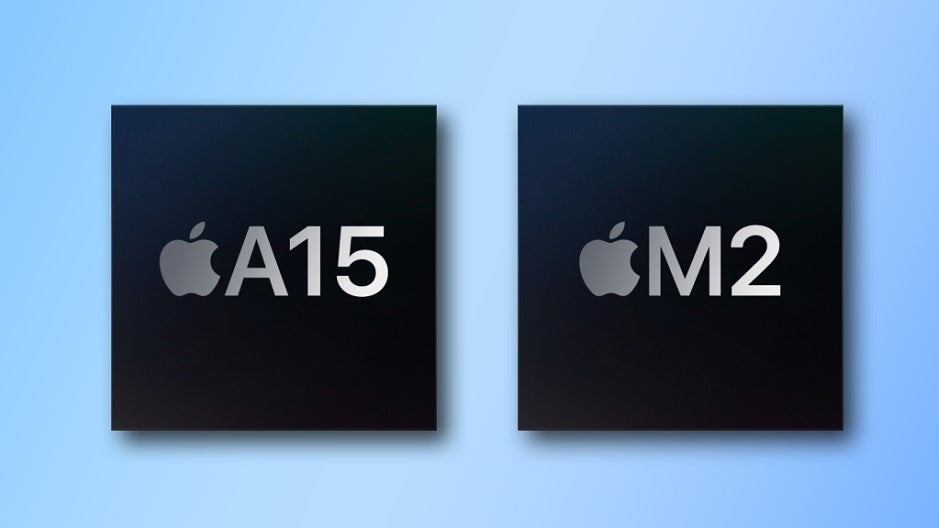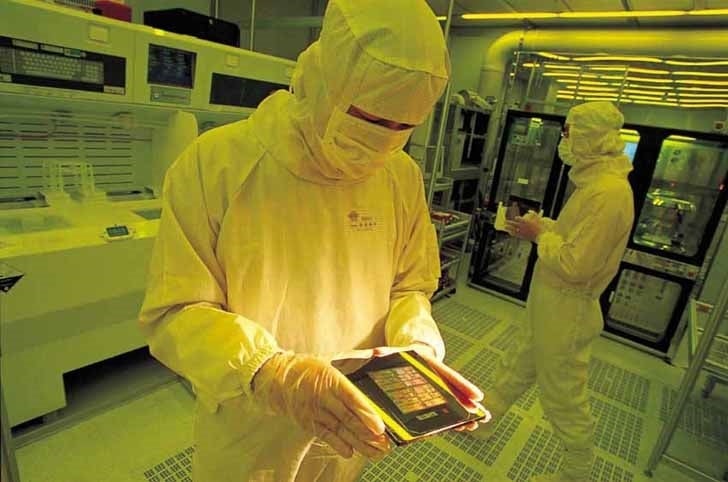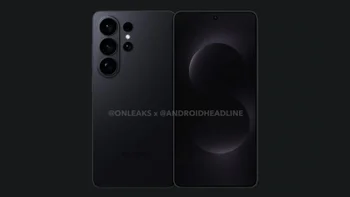TSMC raises cost of A15 Bionic by only 3%; chip's GPU tops Exynos 2200 in benchmark test

On Sunday we told you about all of the factors that Apple will have to juggle to determine how it will price the Apple iPhone 13 series. The ingredients in the mix include the price hike of up to 20% that TSMC is imposing on its chips starting in January and the price cuts that Samsung has imposed on the Galaxy S21 line and its foldable models. Apple also has to consider how well the iPhone 12 line has been selling at current prices.
Today, with fears that a 20% hike in the price of the A15 Bionic SoC that TSMC produces for Apple will lead to higher iPhone 13 pricing, ITHome (via GizChina) reports that this fear is overblown. Industry analyst Lu Xingzhi says that TSMC is giving its biggest customer a break. With a chip shortage currently affecting the delicate supply-demand balance in the semiconductor industry, the B-School textbooks would say that TSMC should do what it is doing which is raising the price of its products, although not all of the foundry's customers are being treated the same.
Apple is the teacher's pet; TSMC allegedly hikes the price of the A15 Bionic by only 3%
Apple accounts for more than 20% of TSMC's revenue, but less than 20% of its profits. With the margin on its work for Apple already lower than normal, TSMC will raise Apple's cost for the A15 Bionic chipset by only 3% according to Lu. Not only does this surprise analysts who would expect TSMC to use this opportunity to raise the margin on Apple chip production, but it also angers customers like AMD, Nvidia, and MediaTek that are going to be paying up to 20% more for their chips.

Inside a TSMC chip fab
Apple is able to get away with paying only 3% more for its chips thanks to its position as the foundry's top customer. But that doesn't mean that both tech giants don't have some big decisions to make. TSMC is going to have to decide whether it remains viable for the foundry to put all its eggs in one basket and spend all of its R&D and capital expenditure budgets on advanced process nodes that only a few top tech firms are interested in.
As for Apple, it will have to decide whether it keeps its profit margins the same by hiking the price of the 2021 iPhone models to cover the additional costs of the chips, or if it keeps pricing the same and eats the 3% higher costs of the A15 Bionic. And as we previously pointed out, Samsung did cut the prices on its 2021 flagship models from $200 to nearly $400. This gives Apple something else to think about.
Speaking of the A15 Bionic, a tweet from tech enthusiast Tron (@FrontTron) indicates that the GPU on the A15 has just been run through the Manhattan 3.1 test on GFXBench. The results show that Apple might be throttling the chip's performance. The first round of testing showed a result of 198fps. The throttling kicked in during the second round of testing when the average framerate tallied was 140-150fps.
GPU belonging to Apple's A15 Bionic chip outscores A14 and Exynos 2200 in benchmark test
Why would Apple want to throttle the speed of the GPU? Like other phone manufacturers, Apple wants to keep the temperature of its phones down. This can be achieved by throttling the performance of the GPU chip. The A15 Bionic's GPU is 13.7% faster than the A14 Bionic's GPU running the Manhattan 3.1 benchmark and is also faster than the Exynos 2200.

Tipster spreads the results of the A15 Bionic's benchmark test
While the A14 Bionic is manufactured using TSMC's 5nm process node, the A15 Bionic uses the foundry's more advanced N5P mode which means that the chip inside the iPhone 13 line will be more powerful while using less energy. Next year's iPhone 14 series was originally expected to use the 3nm process node. However, recently TSMC admitted to a delay that would result in the 4nm process node being used on the A16 Bionic.
As a result, the iPhone 14 line might not be as powerful and energy-efficient as originally hoped although there should be a small improvement in both.
Follow us on Google News



![Some T-Mobile users might be paying more starting in March [UPDATED]](https://m-cdn.phonearena.com/images/article/176781-wide-two_350/Some-T-Mobile-users-might-be-paying-more-starting-in-March-UPDATED.webp)










Things that are NOT allowed:
To help keep our community safe and free from spam, we apply temporary limits to newly created accounts: